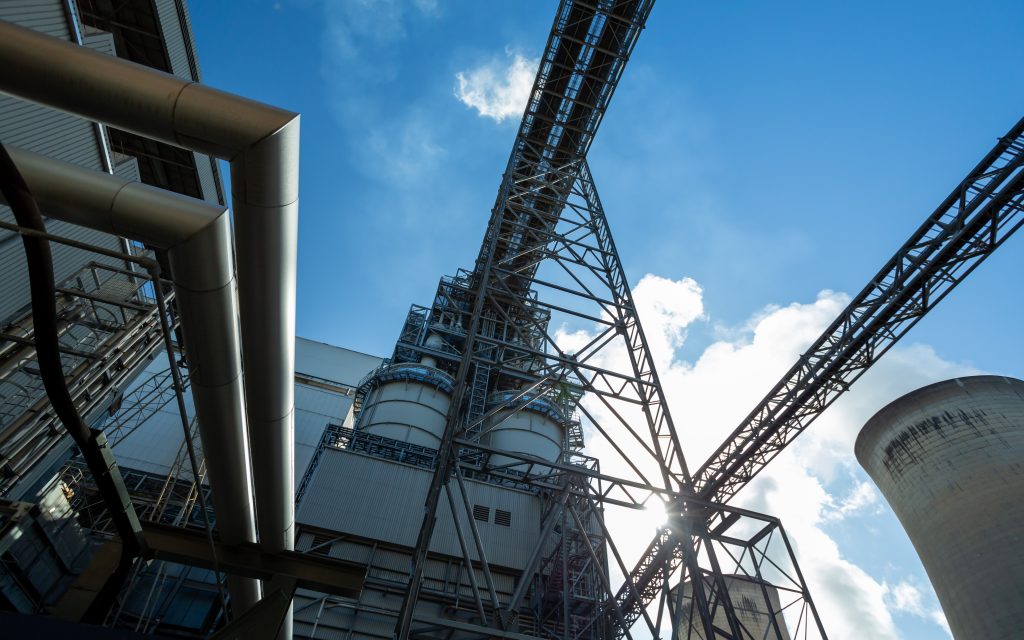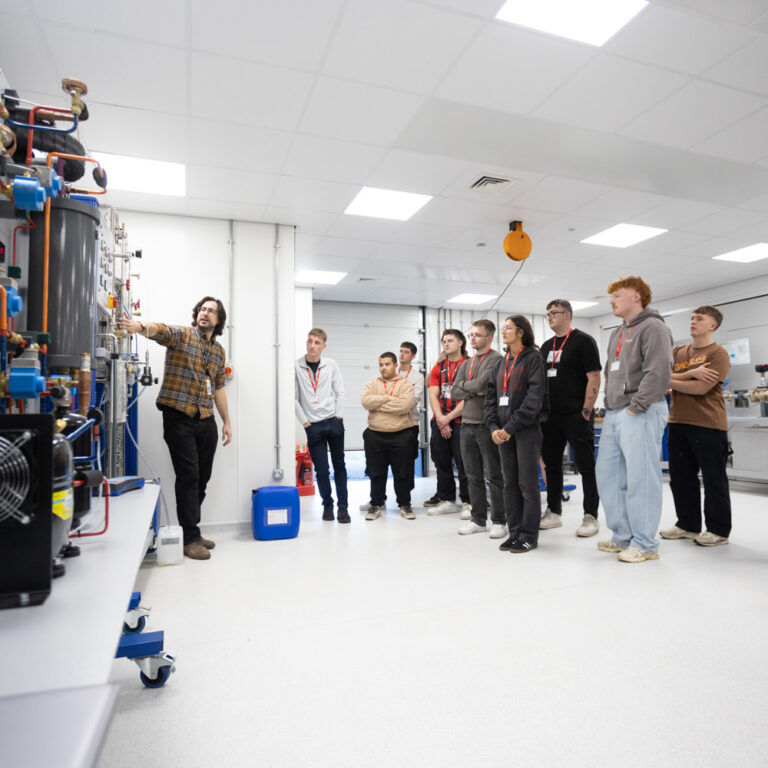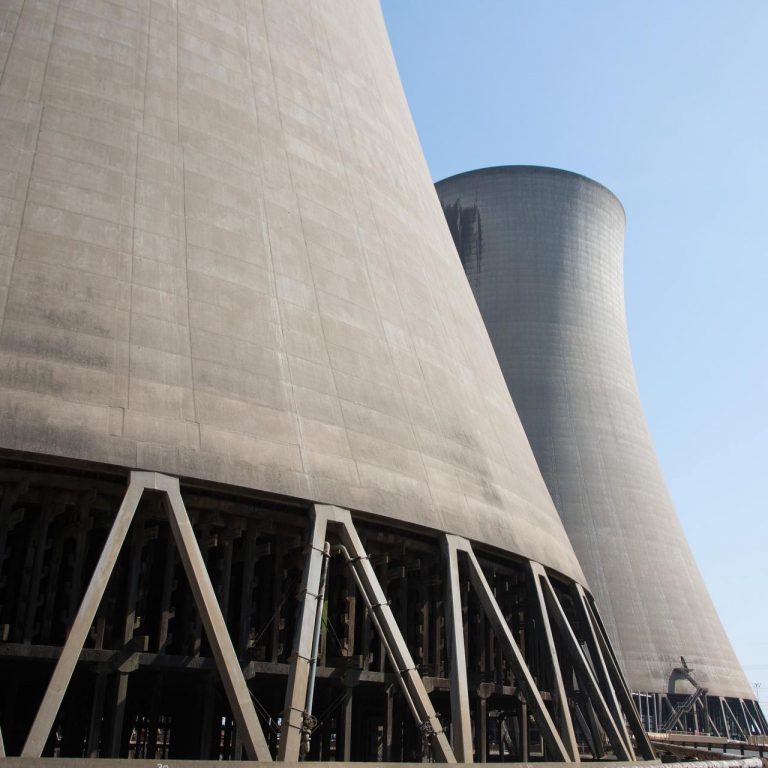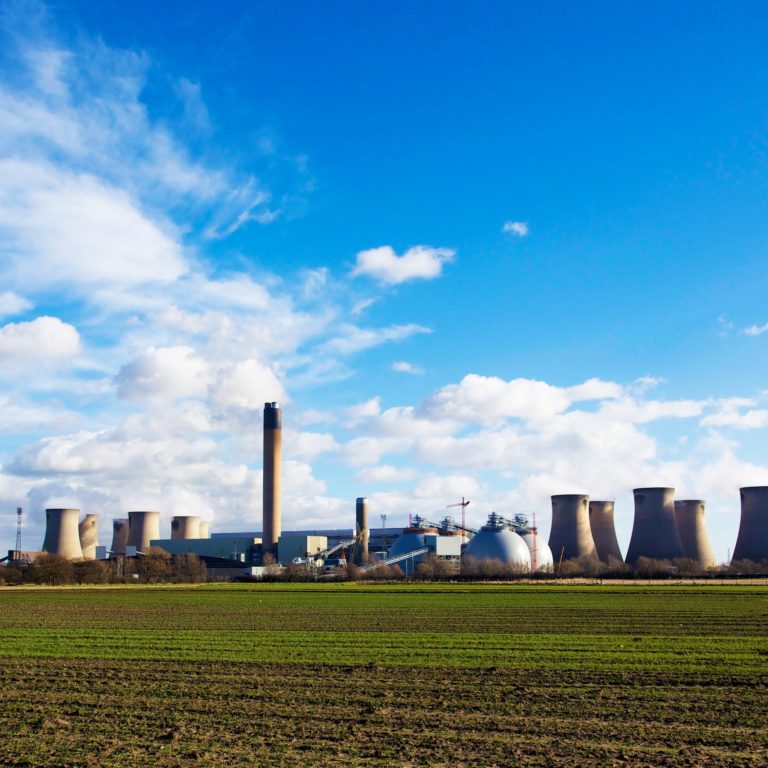The report, ‘BECCS Done Well: conditions for success for bioenergy with carbon capture and storage’, presents thirty conditions for bioenergy with carbon capture and storage (BECCS) which, if met, will enable BECCS to be ‘done well’, delivering positive outcomes for climate, nature, and people.
Drax Group Chief Sustainability Officer, Alan Knight, said,
“If the world is to meet the global climate challenge, carbon removal technologies like BECCS need to be up and running at scale, as quickly as possible. However, what is arguably more important than the quantity of BECCS required is the quality of the BECCS delivered. To realise the transformational benefits BECCS could bring, we need to ensure it is implemented well – adhering to strict criteria and carefully monitored.”
“In our response to the ‘BECCS Done Well’ report, we have addressed the criteria presented by Jonathon Porritt and the High-Level Panel on how to implement BECCS in a way that delivers positive outcomes for climate, nature and people.”
The ‘BECCS Done Well’ report was prepared at the request of Drax Group CEO, Will Gardiner, who invited Jonathon Porritt, environmental campaigner, to convene a High-Level Panel to conduct an independent inquiry into BECCS. The panel, chaired by Jonathon Porritt, convened Brad Gentry of the Yale School of Environment, Stuart Haszeldine of the University of Edinburgh and Clare O’Neill acting as an independent consultant, with Forum for the Future serving as secretariat.
Jonathon Porritt, Co-Founder of Forum for the Future said,
“As members of the High-Level Panel, we’re impressed at the level of detail in the responses from Drax to the 30 Conditions we put forward in our Report in November last year. And we’re pleased that the vast majority of these responses are positive.”
“As is now beginning to be recognised, the whole area of ‘Bioenergy with Carbon Capture and Storage’ is becoming more and more material in the debate about Carbon Dioxide Removals and Negative Emissions Technologies. We believe Drax has positioned itself in the vanguard of this debate, ensuring both policy-makers and potential competitors understand fully what ‘done well’ really means.”
BECCS exists in a complex ecosystem of land use, biodiversity, social factors, economics, carbon reduction and now, carbon removal. Each of these factors must be considered, and trade-offs carefully managed if BECCS is to play a meaningful role in achieving our climate change targets.
Drax aims to become a leader in global BECCS with the aim of removing 14 million tonnes of CO2 a year by 2030. The technology has a critical role to play in helping nations reach their decarbonisation goals, while also supplying jobs and boosting economies – but this potential is not yet being met.
Drax Group CEO, Will Gardiner, said,
“This work by Jonathon Porritt and an independent panel of experts shows that BECCS can be done well and is a prime example of the progress we can make when we engage in constructive conversations on potentially vital climate solutions.”
“Our commitment to this work underscores our ambition to be a world-leading, sustainability-driven company, at the forefront of the fight against climate change and it will inform our strict sustainability, socioeconomic and environmental standards for future global BECCS projects.”
Drax is currently accelerating progress on the development of global BECCS projects. We are in formal discussions with the UK Government to secure the right support from them to deliver BECCS at Drax Power Station, and have selected two sites in the US, with nine more under evaluation.
Our full response to “BECCS done well: conditions for success for bioenergy with carbon capture and storage is available here.





















